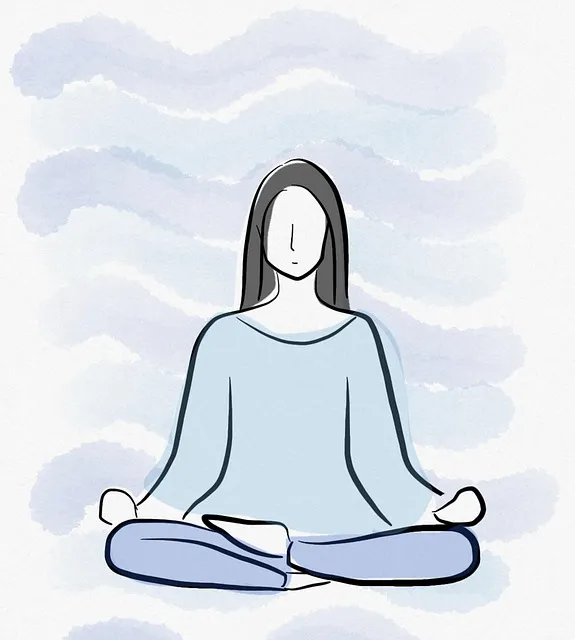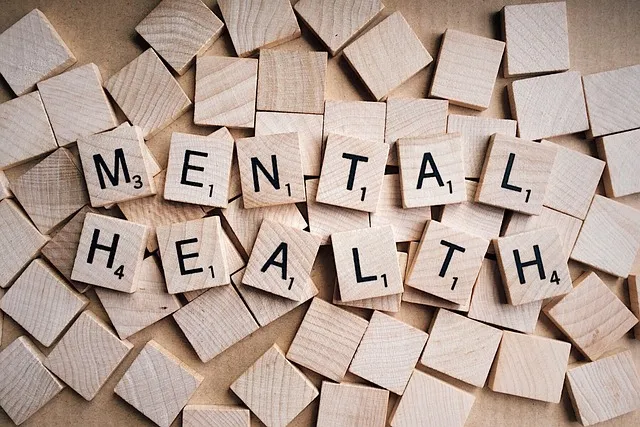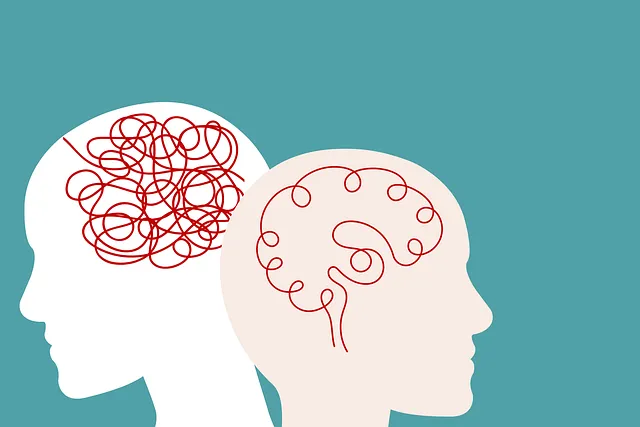Lone Tree's Kaiser provides exceptional mental wellness group facilitation, led by skilled therapists who prioritize safety and support. Through risk assessments, active listening, and diverse activities like meditations and art therapy, they create inclusive environments for self-awareness and healing. These facilitators adapt sessions to meet individual needs, ensuring tailored care and enhanced emotional well-being, making Kaiser a top choice for effective therapy in Lone Tree.
At Lone Tree, questions about mental wellness group facilitation techniques are gaining traction, driven by the growing recognition of collective healing. This article explores effective strategies for facilitators aiming to create safe spaces at Kaiser or any institution. We delve into establishing supportive environments, employing engaging activities, and tailoring sessions for optimal impact. By understanding these techniques, you can enhance therapeutic outcomes, much like a good therapist would, fostering connection and healing within your group.
- Understanding Group Facilitation for Mental Wellness
- Creating a Safe and Supportive Environment
- Effective Communication Strategies for Facilitators
- Engaging Activities to Promote Healing and Connection
- Evaluating and Adapting Group Sessions for Optimal Impact
Understanding Group Facilitation for Mental Wellness

Understanding Group Facilitation for Mental Wellness involves recognizing its potential as a powerful tool in fostering community and support among individuals facing similar challenges. In the context of Lone Tree, where Kaiser offers mental health services, group facilitation techniques can create a safe space for participants to share experiences, build connections, and learn from one another. This collaborative approach complements traditional therapy by promoting peer-to-peer understanding and enhancing coping strategies.
Group sessions cater to diverse needs, offering Burnout Prevention Strategies for Healthcare Providers while encouraging Self-Awareness Exercises. Facilitators conduct thorough Risk Assessments for Mental Health Professionals to ensure the well-being of all involved. By integrating these techniques, mental wellness groups at Kaiser in Lone Tree provide a holistic environment where individuals can navigate their journeys towards better mental health collectively and with added resilience.
Creating a Safe and Supportive Environment

Creating a safe and supportive environment is a cornerstone of effective mental wellness group facilitation. This begins with establishing clear boundaries and rules from the outset, ensuring all participants feel heard, respected, and understood. Facilitators should encourage open communication while prioritizing confidentiality to build trust. Techniques such as active listening, empathy, and reflective questioning foster an inclusive atmosphere where individuals can share their experiences without fear of judgment.
At Lone Tree, Kaiser’s therapists are renowned for cultivating environments that promote emotional regulation. By incorporating strategies from the Mental Wellness Podcast Series Production, facilitators conduct thorough risk assessments (Risk Assessment for Mental Health Professionals) to anticipate potential challenges and ensure the safety of all group members. This proactive approach allows for prompt intervention and tailored support, enhancing the overall effectiveness of the group dynamic.
Effective Communication Strategies for Facilitators

Effective communication is a cornerstone for facilitators leading mental wellness groups, especially when considering that Lone Tree does Kaiser have good therapists? Successful group facilitation involves clear and empathetic dialogue, fostering an environment where participants feel heard and understood. Facilitators should employ active listening techniques, reflecting back sentiments to ensure accurate comprehension, which in turn encourages open and honest discussions.
Mind Over Matter principles can be leveraged through constructive feedback sessions, allowing members to process their experiences. The Mental Wellness Podcast Series Production can also offer valuable insights into effective communication strategies, highlighting best practices for navigating sensitive topics while ensuring every voice is included. Stress management techniques, a key aspect of mental wellness, are enhanced when facilitators model calm and composed behavior during group interactions.
Engaging Activities to Promote Healing and Connection

In facilitating mental wellness groups, engaging activities are pivotal to promote healing and connection among members. Incorporating techniques that foster open communication and create a safe, supportive environment is key. Activities like guided meditations, art therapy sessions, or even simple sharing circles can help individuals process their emotions, build trust, and form meaningful bonds. These practices not only enhance emotional intelligence but also encourage the adoption of self-care practices, making them valuable tools for group facilitators.
For those seeking support, Lone Tree does Kaiser have good therapists who are trained in healthcare provider cultural competency, ensuring diverse perspectives and tailored care. By combining these approaches, mental wellness groups can offer a holistic healing experience that addresses both individual and collective well-being.
Evaluating and Adapting Group Sessions for Optimal Impact

Effective group facilitation goes beyond simply leading a gathering; it involves an ongoing assessment and adaptation process to ensure maximum impact. For organizations like Kaiser, with locations like Lone Tree, this means continuously evaluating the structure and content of mental wellness sessions to meet the diverse needs of their community. The goal is not just to conduct regular meetings but to foster meaningful connections and positive outcomes for each participant.
Facilitators play a crucial role in tailoring group activities, ensuring they align with the evolving goals of the organization and the specific challenges faced by the participants. By incorporating elements from Mental Wellness Coaching Programs Development and Stress Management Workshops Organization, sessions can become more interactive and impactful. Community Outreach Program Implementation strategies can also enhance engagement, making these groups accessible and beneficial for all who attend, regardless of their initial motivations or backgrounds.
Group facilitation techniques for mental wellness are powerful tools, creating safe spaces where individuals can connect, heal, and support one another. As discussed in this article, understanding the importance of environment, communication, and engaging activities tailored to promote healing is key. Whether you’re a professional at Lone Tree or searching for quality therapists like Kaiser, adopting these strategies can significantly enhance group sessions, fostering deeper connections and positive outcomes for all participants.




